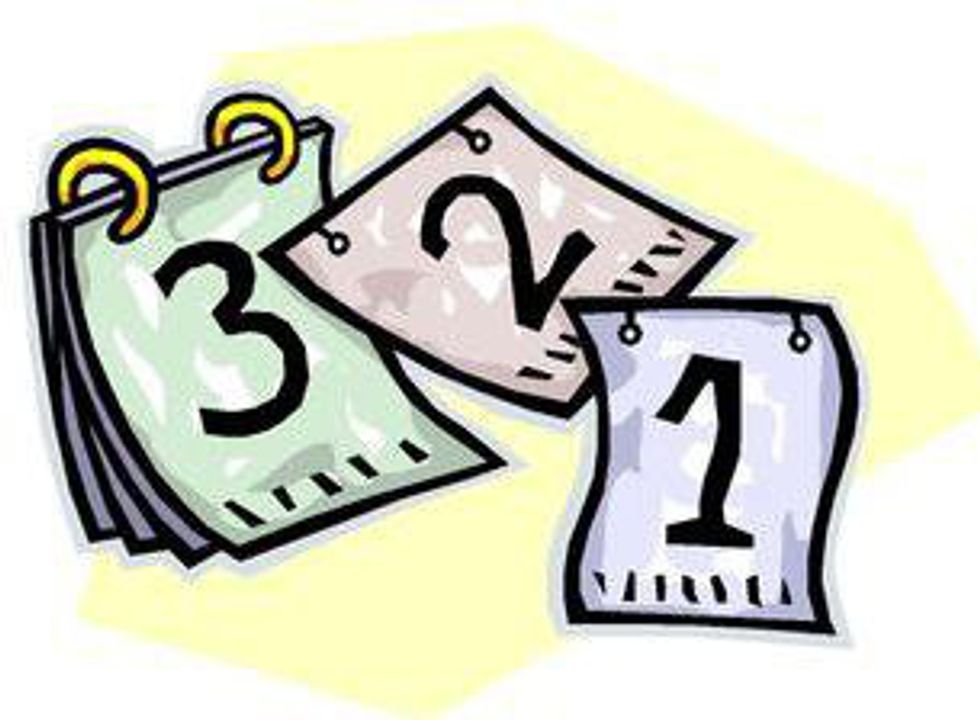It can be a scary and unnerving experience trying to find medications that work for you. One of the scariest parts is accepting that you might need the medication or help in the first place. Just making it to the doctors office is a huge accomplishment. It'll be hard for a while until you find what works for you. For me, I found I functioned best without the help of prescription drugs. Everybody's mind works differently and my experiences will never be the same as some one else's.
My adventure with prescription drugs started when my mother began to notice my symptoms of depression. I didn't know I was depressed, and neither did she. She asked me if I thought I could be depressed, and my only reaction was to cry. I was overwhelmed with this new thought of me being depressed rather than just "tired." This led to my first doctor visit, which led to me being put on the first of five antidepressants.
The first drug they put me on was Prozac. This decision was made based on the fact that three of my family members were currently taking Prozac and reacting well to it. All of these drugs were spread out over a few months to ensure they had taken full effect before switching to a new one. I was on Prozac for two months before I contacted my doctor. It hadn't made me worse, and it hadn't made me better. Honestly, I felt no change from how I was prior to starting the drug- which I assumed meant it wasn't working. She agreed that I might benefit from trying a different medication. After all, everyone reacts to medications differently.
Zoloft was the second medication they put me on that year. Zoloft, as well as Prozac, is a well known antidepressant that is typically well tolerated. Where Prozac hadn't affected me at all, Zoloft had. Again, I wasn't happy and I wasn't sad. Instead, I felt numb. This drug had flat-lined me to a point where it felt impossible to feel happiness. The way I see it, most days with depression suck. Most mornings are spent convincing yourself to at least do something. Some mornings however, life seems worth living. With depression you can still enjoy small things like cute puppies and really amazing food. On Zoloft, I felt none of that. I wasn't happy no matter what happened, and I didn't want to live my life as a walking zombie. Another doctors appointment later and I was on yet another prescription. So many things were going on in my life at the time that I have genuinely forgotten what this third drug was. Whatever It might have been-- it, once again, didn't work for me.
After six months of drugs not working for me, I was ready to give up. I decided to try one last time and ended up with a drug called Celexa. Due mainly to lack of communication, I was stuck on Celexa for four months. To some people, four months may not sound like a very long time; but when a drug is tearing apart a person's brain, it feels like an eternity. I've known people who have gotten better on Celexa. For me, Celexa was the worst thing that has happened to me. For four months, I was stuck on a drug that gave me crippling panic attacks, suicidal thoughts and uncontrollable anxiety. Up to five times a day, every single day, I would break down crying over ridiculous things like the ticking of a clock. I couldn't focus on school work, couldn't be around anyone I cared about and couldn't be alone. It was the most terrifying thing I have ever experienced. I was in the middle of a mental breakdown and wouldn't let anyone close enough to help. School bathrooms became my safe place for crying. Best friends became strangers. Even my sisters weren't allowed close. I had nothing that made me feel as if I could still make it through the day. Eventually I decided my only option was switching doctors. Once I did, I was prescribed what would become my last in a long year of antidepressants.
My final prescription came in the form of an anti-anxiety medication. I was on Buspirone for two months before I cut all medications from my life. There wasn't anything necessarily wrong with Buspirone aside from the side effects. I can't deny I was getting better, but that could have been just that I felt better in comparison to how I was on Celexa. The side effects made me fuzzy and almost disconnected, which was extremely uncomfortable. I quit the medication and never went back to see the doctor.
After a year of uncomfortable or terrifying experiences on these medications, I decided I was better off without them. I know there are people who have found antidepressants that work for them, but for me that wasn't the case. It was easier for me to pretend to be happy than make myself worse. I haven't found anything to replace prescription drugs, but I'd still prefer to deal with the depression. I am not the person I was on the medications. At least I know that through all my bad days, I am still me. At my worst, I feel better knowing that I will never be as bad as those drugs made me.























